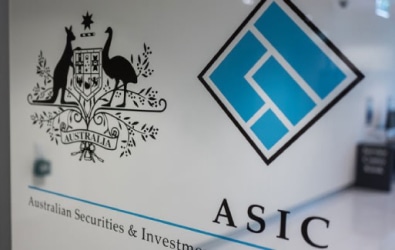The Government will intensify its efforts to encourage greater private investment in infrastructure by developing a set of national guidelines.
The Government will also put together a priority list of infrastructure projects, in consultation with the states and territories.
"Business and industry have told me that they require a pipeline for projects and greater investment certainty," Minister for Infrastructure Anthony Albanese said at an InAssociation conference in Sydney yesterday.
He said that infrastructure industries have too much overlay in government regulation.
In particular, Albanese noted that the transport alone attracts different rules in every state, while the maritime industry has more than 50 pieces of legislation governing the sector.
"Infrastructure development is not just about spending. It is about developing a policy setting that will increase transparency and remove the impediments to investment," he said.
The guidelines will be developed by the states and coordinated through the Government's Infrastructure Australia body.
Industry will be invited to provide feedback on the guidelines in October, before the draft standards are presented at the Council of Australian Governments (COAG) meeting in November.





